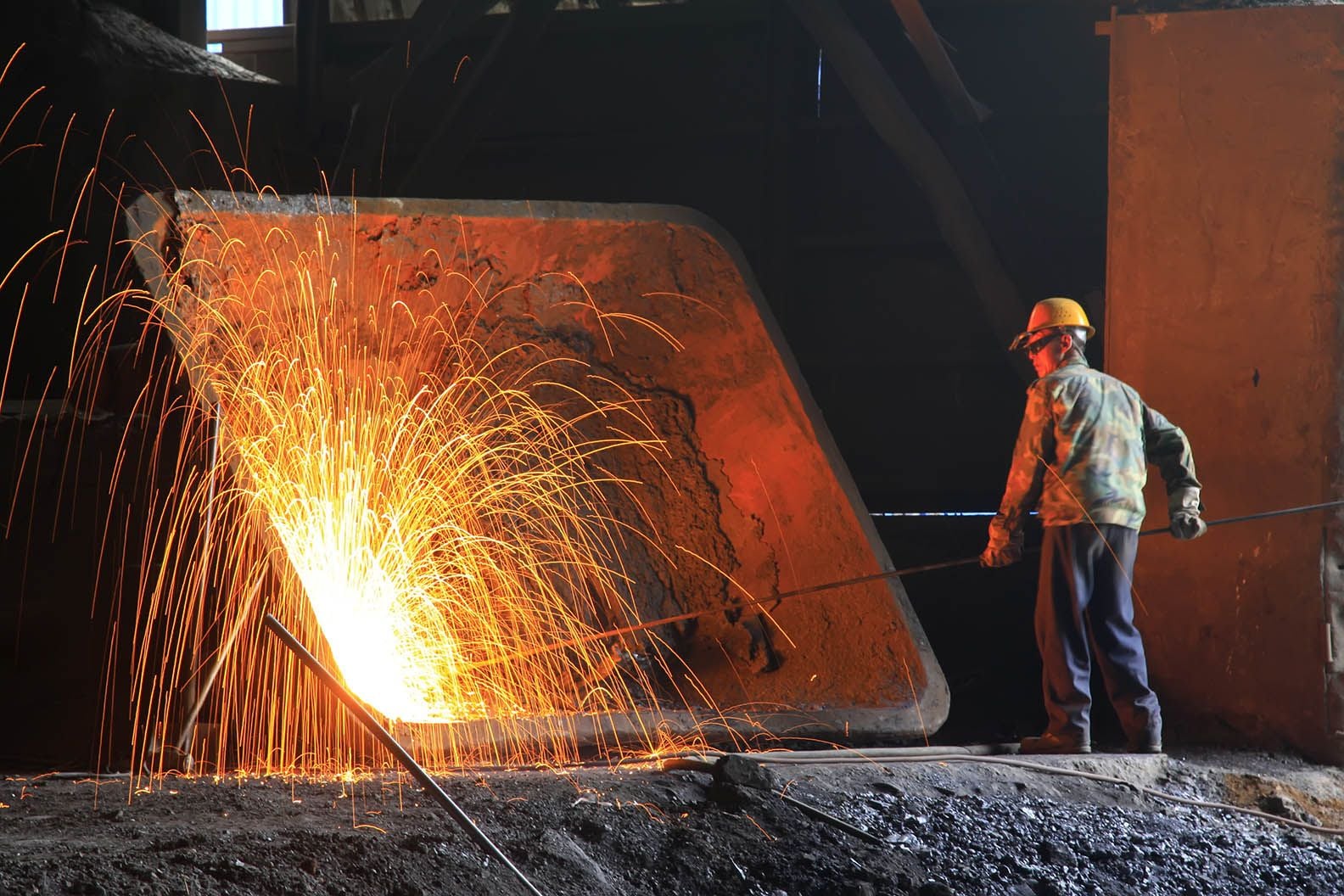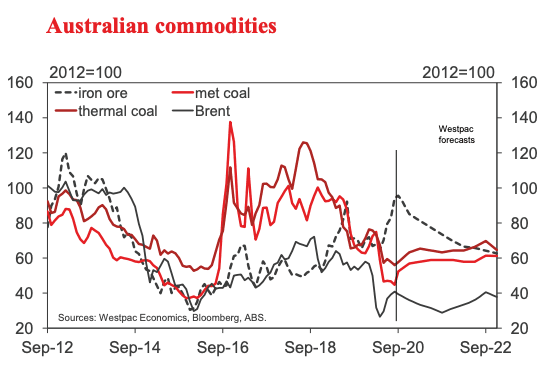Australian Dollar Jolted by Chinese Coal Import Ban
- Coal is Australia's 2nd largest export
- AUD softer against peers, Chinese blockade cited
- Coal prices have been lagging iron ore recovery in 2020

Image © Adobe Stock
- GBP/AUD spot rate at time of writing: 1.8169
- Bank transfer rate (indicative guide): 1.7533-1.7660
- FX specialist providers (indicative guide): 1.7745-1.8005
- More information on FX specialist rates here
Reports that Chinese power stations, steel mills and ports have been told to stop taking in Australian coal have hit valuations in the Australian Dollar, according to foreign exchange analysts.
News of an import block has lead the Australian government to seek clarification on the matter, amidst suspicions that China has suspended purchases of Australian coal amid heightened diplomatic tensions between the two countries.
"AUD/USD underperforms amid reports China halts coal imports," says Sonali Desai on the foreign exchange markets desk at Thomson Reuters.
The Australian Dollar-to-U.S. Dollar exchange rate is down 0.33% on the day at 0.7183, the Pound-to-Australian Dollar exchange rate is up a quarter of a percent at 1.8167, the Euro-to-Australian Dollar exchange rate is up 0.23% at 1.6420.
"AUD was clobbered around 00:00 GMT when China reportedly suspend purchases of Australian coal. There’s no official confirmation, but the reports say the Chinese government told its ports to stop offloading Australian coal and instructed power stations and steel mills to stop using Australia-sourced fuel. This is despite long-term contracts that are in place," says Marshall Gittler, Head of Investment Research at BDSwiss Group.
Coal is Australia's second largest export and foreign exchange earner after iron ore, accounting for 14% of the country's export basket. A cut in exports to China will likely impact the country's foreign earnings potential, which will in turn have consequences for the Aussie Dollar.
"Improving global demand and further supply cuts suggest we have seen the low in met coal prices but an enforced Chinese ban on Australian coal imports would be a blow," says Justin Smirk, Senior Economist at Westpac.
Chinese power stations and steel mills have been verbally told to immediately stop using Australian coal, people familiar with the order told Bloomberg.
The same report says ports have also been told not to offload Australian coal and it isn’t clear when the latest import ban might end or how it might affect long-term contracts that are already in place.
"We had thought that rising domestic Chinese coal prices would reduce pressure on the administration to use trade barriers as a way to boost domestic coal prices and support local producers. However, as we go to print there are reports suggesting China’s customs authorities have instructed several Chinese state–owned steelmakers and power plants to stop importing Australian coal," adds Smirk.
"We are making approaches to Chinese authorities in relation to that speculation,: Trade Minister Simon Birmingham told Sky News on Tuesday. “We take the reports seriously enough certainly to try to seek assurances from Chinese authorities that they are honouring the terms of the China-Australia Free Trade Agreement and their WTO obligations.
Westpac says China accounts for around 25% of global seaborne metallurgical coal (met coal) demand, with Australia making up 58% of seaborne supply. Queensland coal exports were down 8% year-on-year in August. At the start of September Queensland met coal was trading at US$87/t but it quickly jumped to US$115/t by the end of the month before easing back to US$110/t in the first week of October.
"The robust recovery in Chinese steel production has been extremely supportive of iron ore prices, but until recently, not so for met coal," says Smirk. "The eventual recovery in ex–China demand and subsequent lift in crude steel production has resulted in a relatively quick recovery in met coal prices through September."
A ban on Australian coal would mark the most serious escalation in tensions between Canberra and Beijing in a tiff that has already impacted agricultural exports, with swinging tariff hikes being placed on Australian barley and wine.
Beijing has objected to a series of diplomatic moves by Canberra that it viewed as supporting the U.S. in its trade and security dispute with China. Among other things, Prime Minister Scott Morrison in April called for independent investigators to be allowed into the Chinese city of Wuhan to probe the origins of the coronavirus.
The Australian Dollar will likely remain nervous until more clarity on the matter emerges.
"At this stage there was no timeline for the edict and so it is hard to gauge what the impact will be. But in the past this action has worked to suppress the seaborne price of coal while boosting the domestic (China) coal prices so presents a near–term downside risk especially for thermal coal," says Smirk.
There are no clear price correlations between movements in coal prices and volumes and the Australian Dollar, which suggests the overall impact on the Australian economy and the currency will be somewhat limited. However, the ban is far more significant in its siganl on future China-Australia relations, and markets will be asking "what's next"?
This uncertainty will likely be the biggest weight on investor optimism towards Australian assets.
"As a sign of heightened tensions between the two countries and as the start of possibly things to come, it’s a bad sign. Australia is the (major) country most dependent on exports to China, as far as I know," says Gittler. "Given the Reserve Bank of Australia’s musings about negative interest rates and the welcome spillovers from monetary policy into foreign exchange as well, the fundamental background seems stacked against AUD right now."





